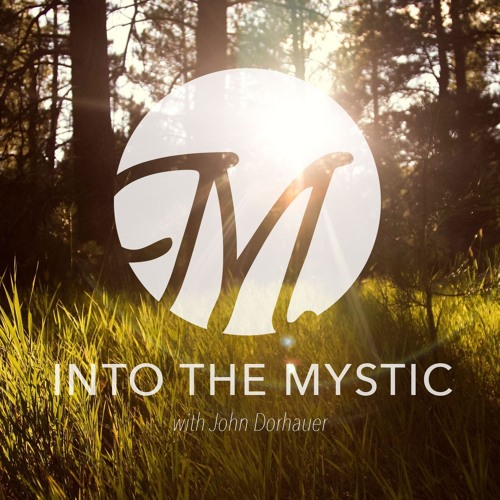We Would Be Building
Listen to the podcast
Read the transcript
We would be building temples still undone.
I consider this my second favorite hymn of all time. First for me is “Be Thou My Vision.” But this hymn, borrowing its tune from the haunting and historically significant tone poem Finlandia by Jean Sibelius, and its poetic lyrical quality from the mind of Purd Dietz – is close second to all others.
I don’t remember the first time I heard the hymn, though I do remember that when I heard it for the first time the sophistication of both the tune itself and the language of the text impressed me immediately. I was reminded of this on a recent trip to, of all places, Naples, Florida. Little did I know that I have a close personal connection to the author of these beautiful lyrics – some of the most poetically crafted lyrics I have ever heard.
On a side not, the only other hymns whose poetic beauty equal this one for me are “Once to Every Man (sic) and Nation” and “Lead Kindly Light” – the former by abolitionist poet James Russell Lowell, and latter by church dignitary Cardinal John Hnery Newman. I am sure there are others, but for me these three are just brilliant and breathtaking.
But back to what I learned in Naples. The church there was celebrating its 50th anniversary. The choir, accompanied by an ensemble of classical musicians hired for the day from the symphony orchestra, closed worship by leading the congregation in the most exhilarating experience of this hymn I have ever heard.
They didn’t randomly choose this hymn. Turns out that one of the two founders of this church 50 years ago was none other than Purd Dietz himself, author of these beautiful lyrics and, as fate would have it, recently retired from his job in the National Setting of the United Church of Christ consulting with church growth specialists. I won’t ever forget closing worship twice this last Sunday with their version of this hymn, now not just number 607 in the UCC Hymnal, a favorite of the current General Minister and President, but more importantly for them a deep, rich, and proud part of their own 50 year history and experience as a congregation.
And what better message to give a church pausing to celebrate 50 years of life together, 50 years of mission together, 50 years of worship together: we would be building temples still undone.
When Paul wrote to the church in Philippi, a church he had come to cherish deeply, he said that he thanked God every time he thought of them “for the good work begun in them.” His thanks was not for a job well done, but a good work begun.
And so it is for this church of 50 years – or really any other. Celebrating the past is important. Giving God thanks for that past and all that has been accomplished is important. But the work of sharing love and committing to justice, the work of the church, is never done. So the thanks is nor for a job well done, but a good work begun.
In other words, we would be building temples still undone. We may have built a temple or two, or fed the hungry, or sheltered the homeless, or liberated the oppressed, or comforted a mourner, or visited a prisoner, or safeguarded the orphan and the widow – but are far from finishing the work to which we have been called. There are temples still undone in need of building, and we will always be about that work. So, waiting till love can raise the broken stone and hearts creative bridge the human rift, we would be building still and always on this, our journey Into the Mystic.
Content on ucc.org is copyrighted by the National Setting of the United Church of Christ and may be only shared according to the guidelines outlined here.
Related News
What Can We As Churches Do to Care for God’s Creation?
As Christians, we are called to care for all of creation: land, water, air, animals, plants,...
Read MoreIn Midst of Anti-Immigrant Discourse, People of Faith Must Offer a Prophetic Welcome
In the midst of the 2024 presidential election, anti-immigrant rhetoric is on the rise. A...
Read MoreJPANet February 2024 Newsletter
Happy new year advocates! Each month we ask UCC advocates to help us unpack the complex...
Read More
